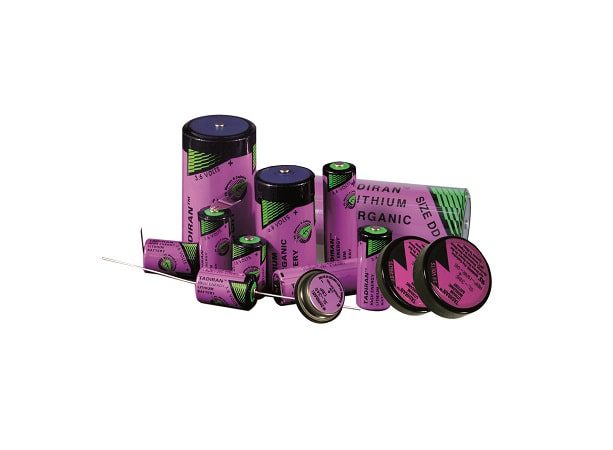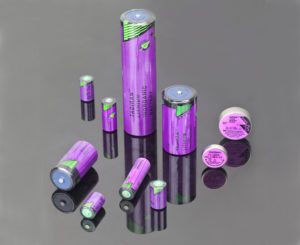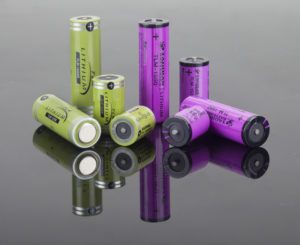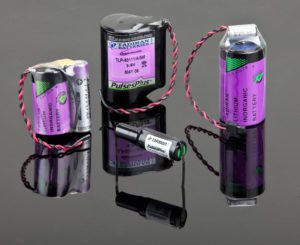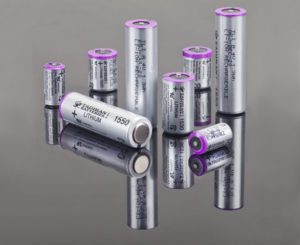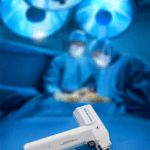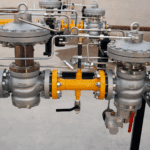Advantages Of Lithium Thionyl Chloride Batteries
With the world questioning the worth of lithium as a green energy source, and a rising popularity of lithium thionyl chloride batteries, we decided to explain all the advantages of it.
Yes, lithium batteries are nothing new, and we have been using them for years in electronics, handheld power tools, different battery-powered toys, etc.
Over the years, we’ve diversified our lithium battery offerings, with a focus on types such as lithium thionyl chloride, primarily tailored for industrial applications.
So, what are these batteries and how can they benefit you?
What Are Lithium Thionyl Chloride Batteries?
Lithium thionyl chloride or Li-SOCl2 are primary cell batteries. In this case, electrolyte based on sulfonated thionyl chloride serves as the positive electrode.
The main difference between this and other lithium battery types is that this type cannot be recharged once discharged.
There are two ways to produce these batteries, and their advantages and main perks will depend mainly on the construction type.
One way to produce them would be using spiral wounds. The other is bobbin-type construction.
Bobbin-type Li-SOCl2 batteries are those we know that provide us with all the advantages.
These can even combine with a hybrid layer capacitor for higher periodic pulses, enabling two-way wireless communications.
Usage Of Lithium Thionyl Chloride Batteries
Due to their high durability and unique characteristics, they are mainly used in industrial battery-powered products – aerospace industry, vehicle industry, different type of meters and IIoT devices, even for different medical equipment such as defibrillators.
Since the battery can handle up to 125 degrees Celsius, it can easily undergo a sterilization process, which is of utmost importance in medicine.
On the other hand, being able to handle low temperatures, usually up to -80 degrees, you can put them into devices for monitoring transportation of donor organs and similar.
Most of the new generation ELTs or emergency locator transmitters on the planes are now using Li-SOCl2 batteries since they’re suitable for low temperatures and are light-weighted.
Since these battery types showed some good qualities such as long-lasting life and fantastic performance, they are widely used in many industrial fields.
- Lithium Thionyl Chloride
Advantages Of Lithium Thionyl Chloride Batteries
The first advantage we want to point out is a high voltage, higher than with other lithium batteries. Unlike those going from 1.5 to 3 volts, a lithium thionyl chloride battery nominal voltage is 3.6V. This voltage level is maintained throughout its life span, which is a terrific achievement as a result of the batteries’ unique chemistry.
Besides, this battery can beat all others when it comes to energy density as well. You can reach up to 730 watt-hours per kilogram. We’ve mentioned it before, but the battery’s sustainability is worth mentioning again. It can handle very low and extremely high temperatures, making its usage broad and diversified.
Besides the aforementioned, this battery type is often used in metric devices such as timers and toll systems. Another perk that comes out of a special chemical process this battery goes through is its durability. The usual self-dischargee rate is 1% per year, which we would say is an amazing result.
Since the usage is so wide, it’s important to mention that lithium thionyl batteries come in various sizes and shapes. Regardless of which one you choose, all the qualities, such as high voltage and durability, stay the same.
Some small things to add would be fast recovery after a long time being stored and containing non-flammable electrolytes, which can be beneficial depending on the usage and environment. Due to the presumably long life span, many of these batteries are used as backup batteries for low consumption devices.
With the already mentioned debate over green energy and usage of lithium over coal, it’s crucial to say that lithium thionyl chloride batteries are recyclable and environment-friendly. They’re not prone to combustion, making them less toxic when disposed of.
Lithium thionyl batteries come with some disadvantages, such as high internal resistance and a possible delay in producing high voltage. However, Tadiran Batteries can include a capacitor in the package, that would provide the peak current. With all the advantages ahead, we’re sure you’ll be satisfied.
To connect with our battery experts and discover the ideal solution for your application, kindly complete the contact form below.
FAQ
How long do lithium thionyl chloride batteries last?
With low self-discharging of 1-2% per year, these batteries are expected to last at least 10 to 20 years, depending on the specific load profile of the application. Tadiran manufactures ultra-long-life batteries boasting a minimal self-discharge rate of 0.7%, capable of achieving a remarkable 40-year lifespan.
Are lithium thionyl chloride batteries safe?
Containing toxic and corrosive liquid thionyl chloride, these batteries may impact skin and eyes if in contact.
However, proper handling and disposing of will protect you from any hazard.


